Artificial intelligence has been around since the 1950s, but it wasn’t until recent years that companies started to see a real need for AI and its use in their business. The problem was that AI was not up to par with what businesses need, so they had to wait until advancements were made before incorporating this technology into their risk management efforts.
But now, as artificial intelligence is becoming more advanced, businesses are starting to realize how much of an improvement this will have on their risk management process.
This article will go over how artificial intelligence changed the way companies approach risk management and why more businesses should start using this technology today.
What is Risk Management and Why is it Important
Risk is defined as any uncertain event or condition that may have an effect on the outcome of a project. Risk management provides solutions for uncertainties to meet goals and objectives successfully.
What is artificial intelligence?
Artificial Intelligence (AI) refers to using computers and machines that are programmed to do work, think like humans, make decisions, learn from data. AI can be used in many different fields, including risk management.
How does it apply to risk management?
There are two main ways Artificial Intelligence and Machine Learning (a popular AI technique) can be used for risk management:
AI is already being used to identify anomalies in data, monitor transactions, track unusual activity on social media sites, etc. This helps recognize potential problems as they happen and take immediate action to minimize damage. It also allows companies to be proactive instead of reactive.
Machine Learning can process large amounts of data, learn trends and patterns within the information, identify anomalies, predict outcomes more accurately than humans can do on their own. This helps reduce costs by reducing or even eliminating human error in decision-making.
Predictive analytics is defined as the practice of using data to predict future events. It allows companies to be proactive in identifying potential opportunities, market changes, etc.
For example, if a company can determine which customers are most likely to stop buying their products or services by reviewing sales data and analyzing social media activity, they can reach out to them before it\’s too late. This can lead to additional revenue or even retaining existing customers.
The benefits of AI are endless, especially for risk management industries that are highly regulated, such as Banking & Insurance.
AI helps companies save time and money by identifying risks faster than ever before, allowing them to respond quickly, monitor transactions more accurately, increase revenue with predictive analytics, and eliminate human error with Machine Learning.
What are the risks associated with artificial intelligence?
Although Artificial Intelligence is one of the most important transformative technologies available today, it does pose some risks. The main concerns lie in bias within data sets leading to false positives or negatives on AI systems’ decisions, which could be catastrophic in some cases.
A good example happened in 2019, where researchers discovered an algorithm used on over 200 million people in US hospitals to predict which patients will likely require additional medical treatment. It showed that the algo preferred white patients over black patients.
While race was not a component in this algorithm, another variable that was substantially connected with race was healthcare expense history. The idea was that a person\’s healthcare demands are summarized by their cost. For a variety of factors, black patients with the same diseases had lower healthcare expenses on average than white patients with the same ailments.
Another is that humans design algorithms, which may not always make the right decisions when designing them due to implicit biases within our society today. However, with proper data sets and oversight, this can be reduced or eliminated entirely.
How AI has changed the way companies approach risk management
The topic of startups and innovative technology has been a hot discussion in recent times. Technology companies such as Facebook, Apple, Amazon, and Google have paved the way for new ways to innovate and provide solutions to current needs.
The emergence of Artificial Intelligence (AI) is another recent development that could change the way companies approach risk management in the future.
Risk management and AI both aim at solving uncertainties to meet goals and objectives successfully. Risk management provides solutions for uncertainties to meet goals and objectives successfully.
Quick Case Study
One of the largest legacy insurance and annuity companies needs a comprehensive and strong risk management system. This company is servicing over one hundred of the Global Fortune 500 corporations. SureStep was hired to maintain the platform since the GRC program required a sophisticated managed services program.
By working in tandem with an IT organization as a trusted partner, SureStep, with the power of AI, implemented GRC modules including Policy and Compliance, Internal Audit, Operational Risk, and Financial Model Risk.
With the help of artificial intelligence, the solution is ready to be implemented in a matter of days rather than weeks or months.
Why you should consider integrating AI into your company’s operations
In a survey by The Economist, Forbes, and PWC, that asks about the top benefits of AI shows that 79% of users admit that it makes work easier and efficient, 75% says it allows them to move to new ventures, 72% share that it foolproofs their business for the future.
AI solutions help companies monitor customer satisfaction, improve security by identifying potential vulnerabilities before they become a problem, identify trust relationships that might be exposed to risk or fraud without traditional approaches notice them or even know they exist, and research how best to serve their customers.
It\’s important to note that technology can\’t work without people. Machines are still tied to human interpretation. The key takeaway for business leaders is the need for companies to orchestrate people with artificial intelligence technologies to derive the greatest benefit.
Wrapping Up
AI is a growing trend in the market. We’ve seen exponential growth in use. With its potential to change the way companies approach risk management for highly regulated industries, it will be interesting to see how it will continuously grow.
If you’re ready to implement AI to digitalize your company’s risk management and get the best out of the technology, send us an email at info@suresteprisk.com.




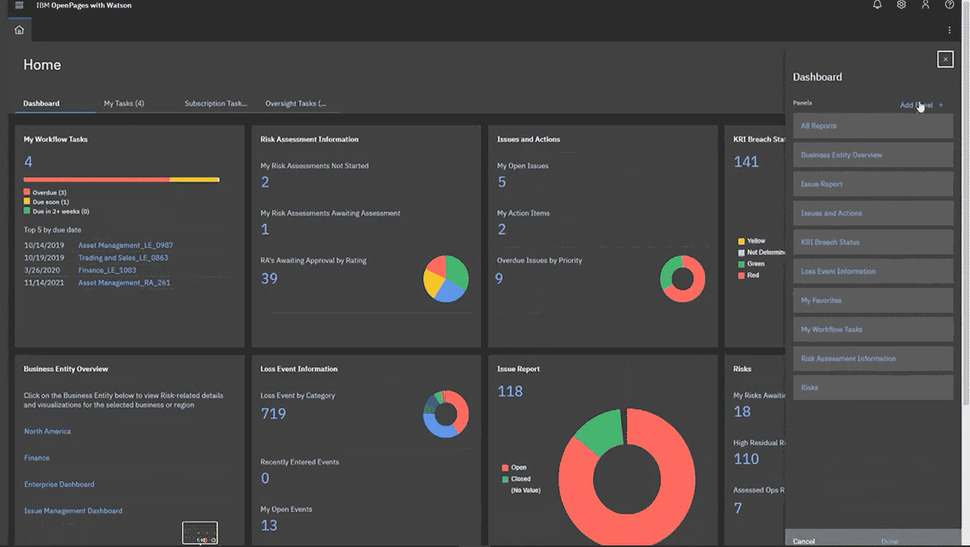




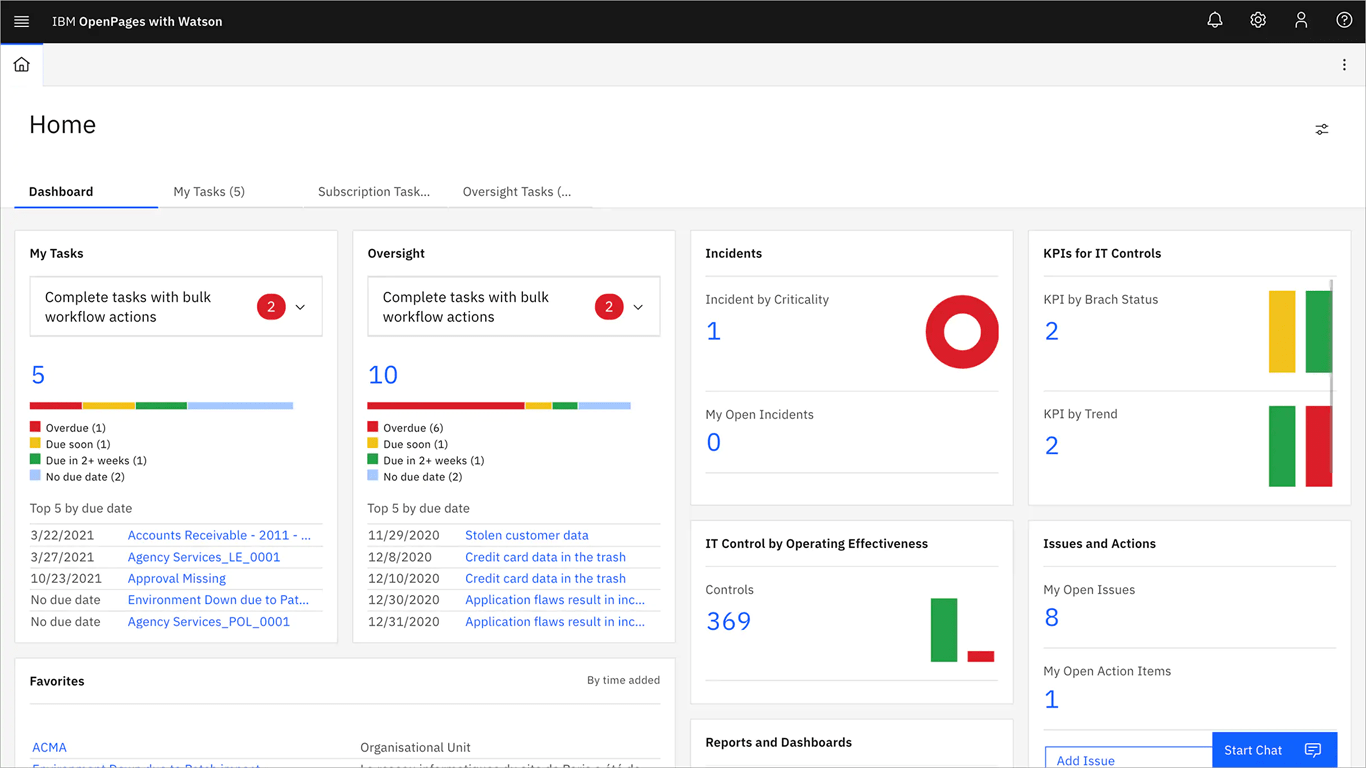

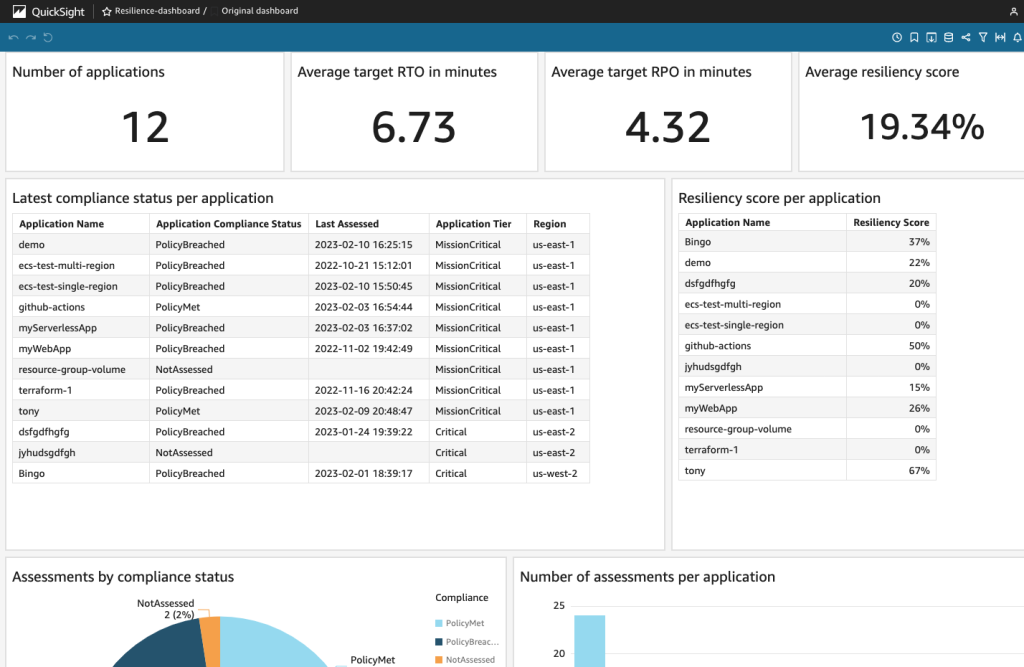
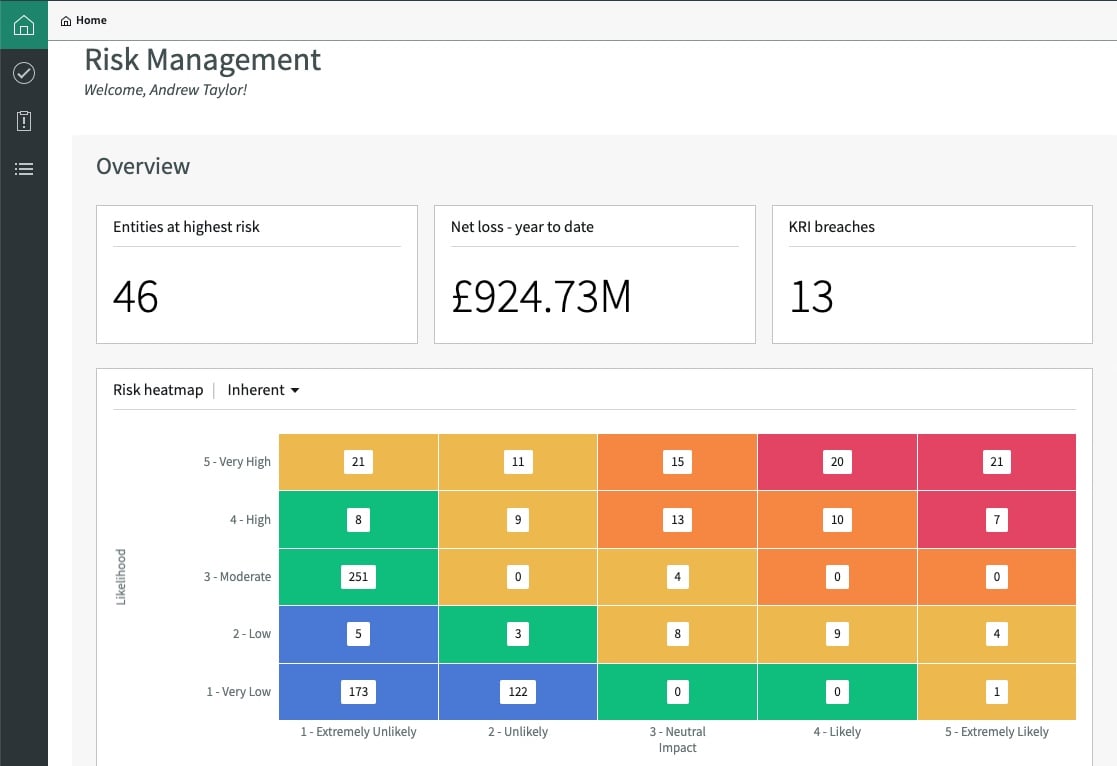


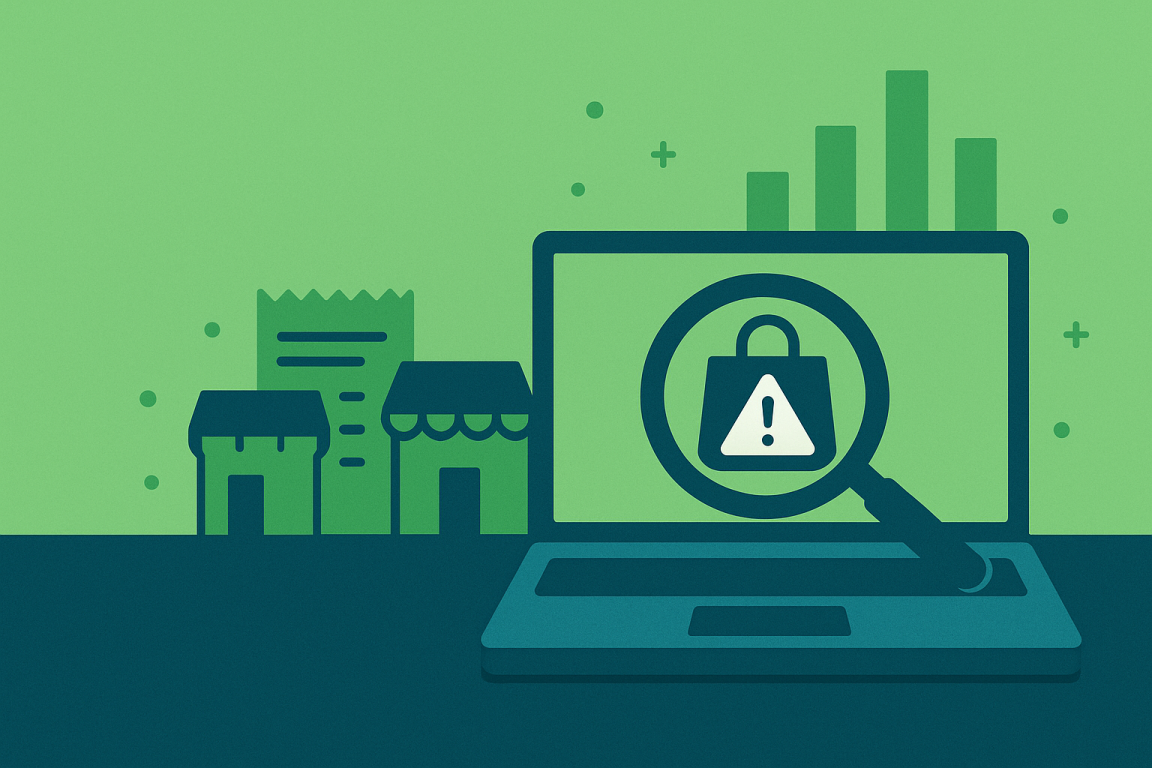


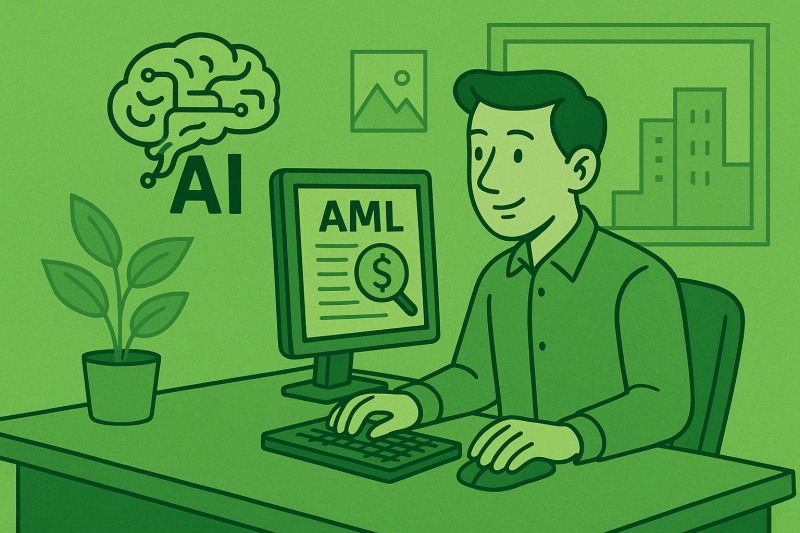

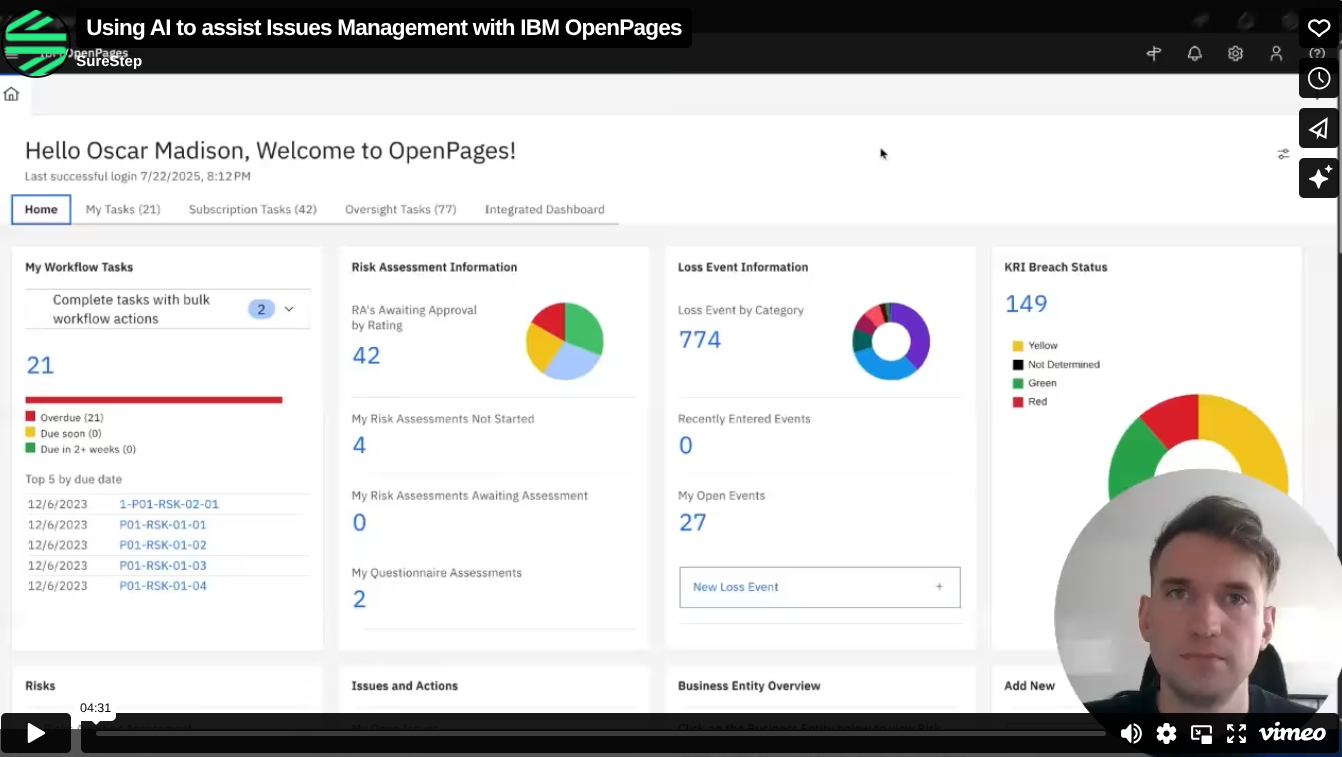
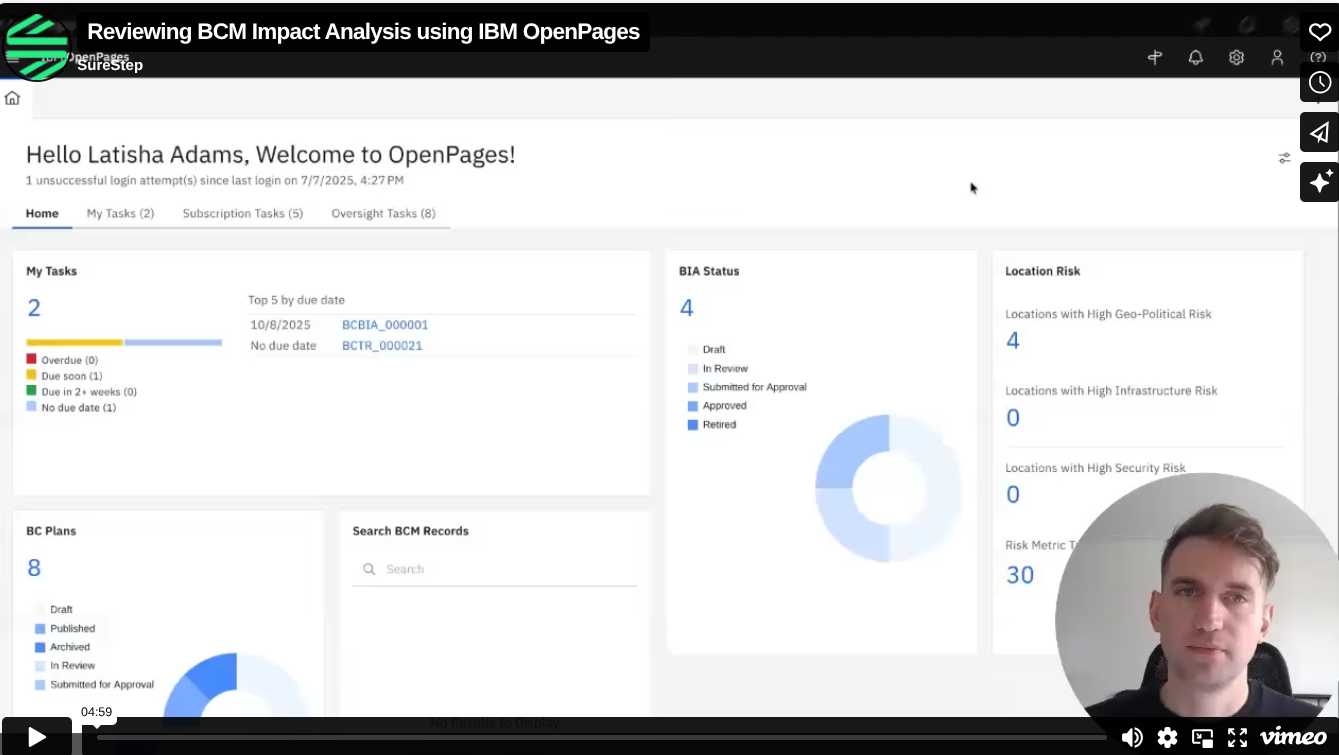



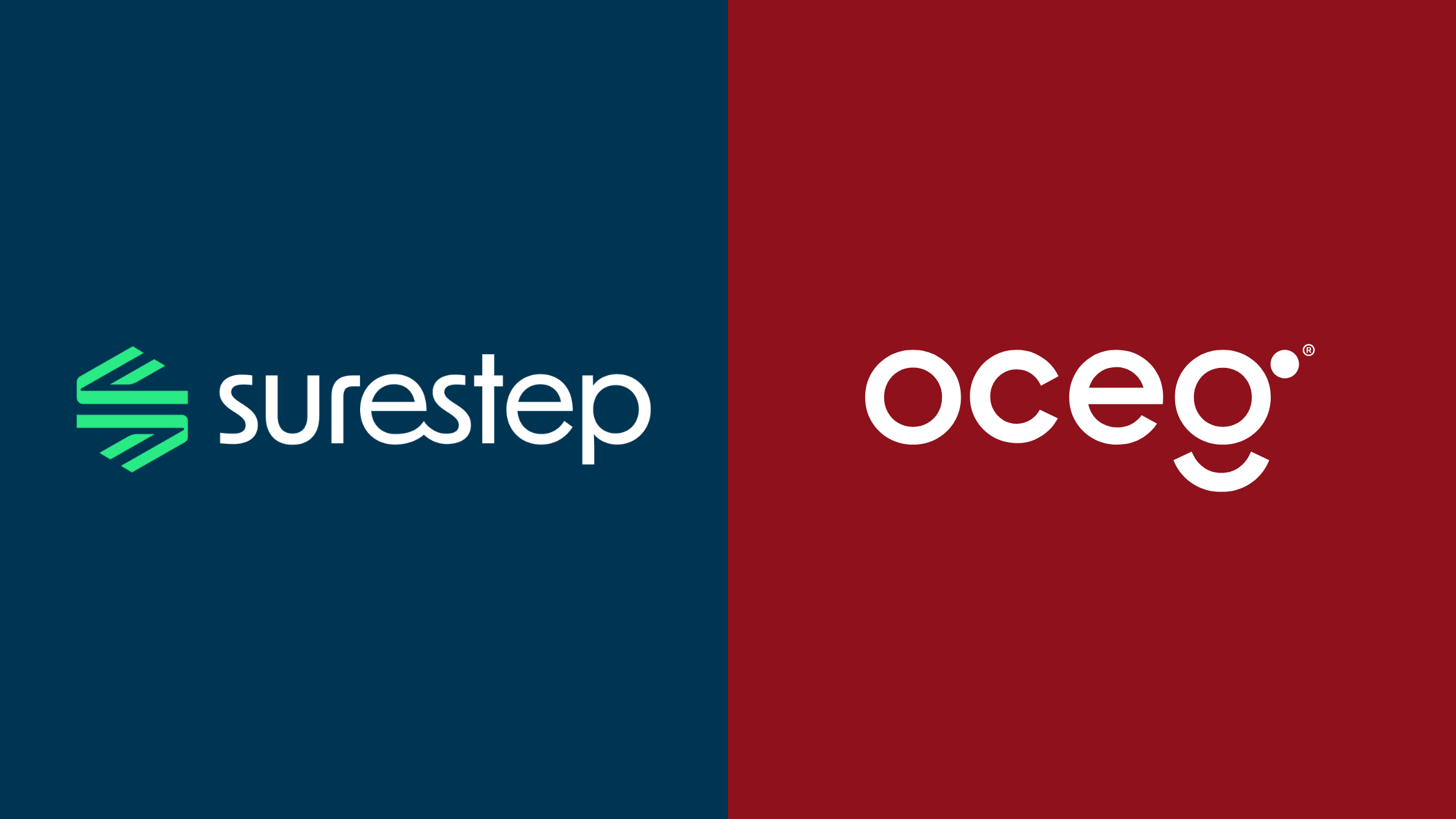


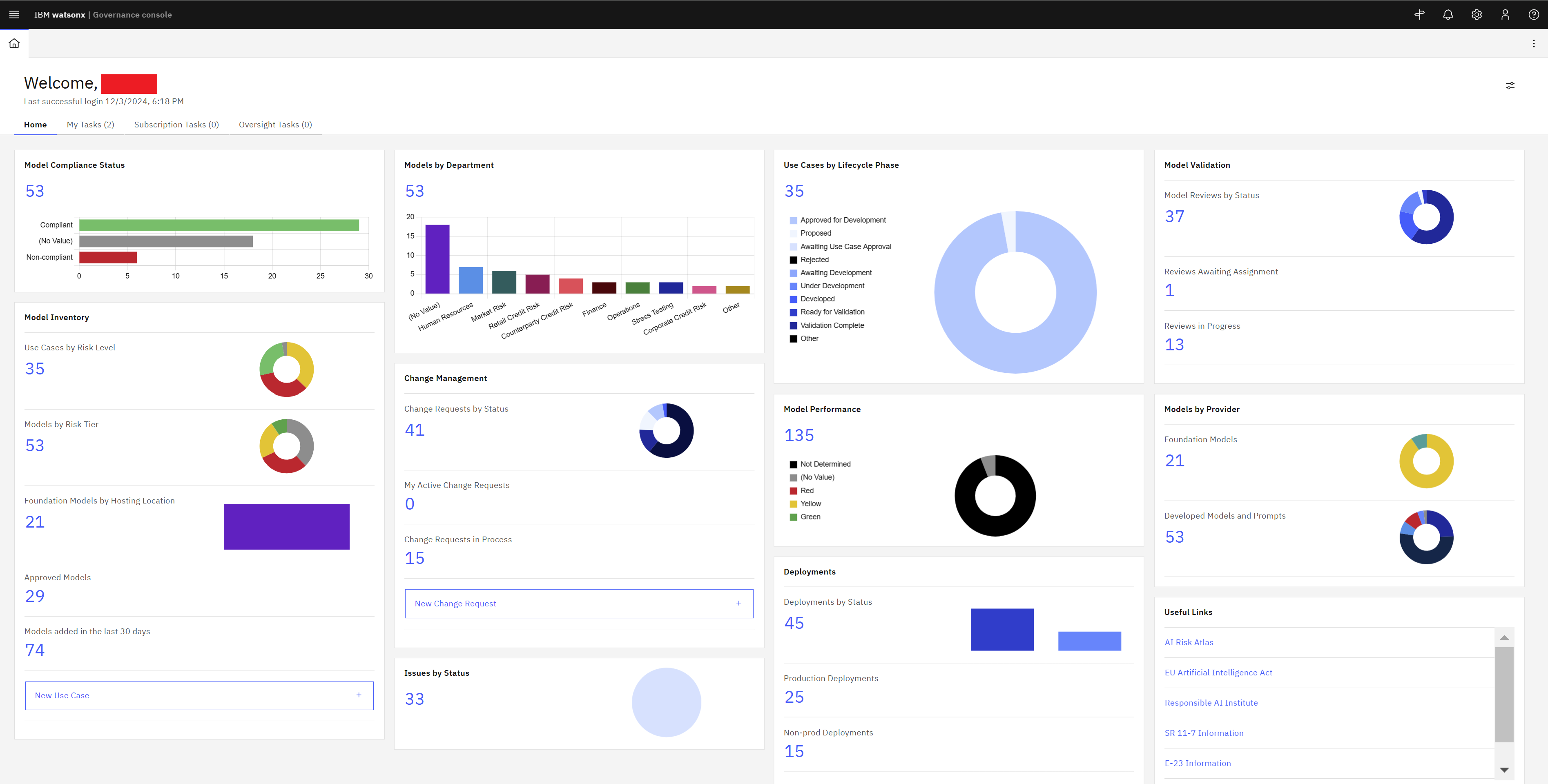

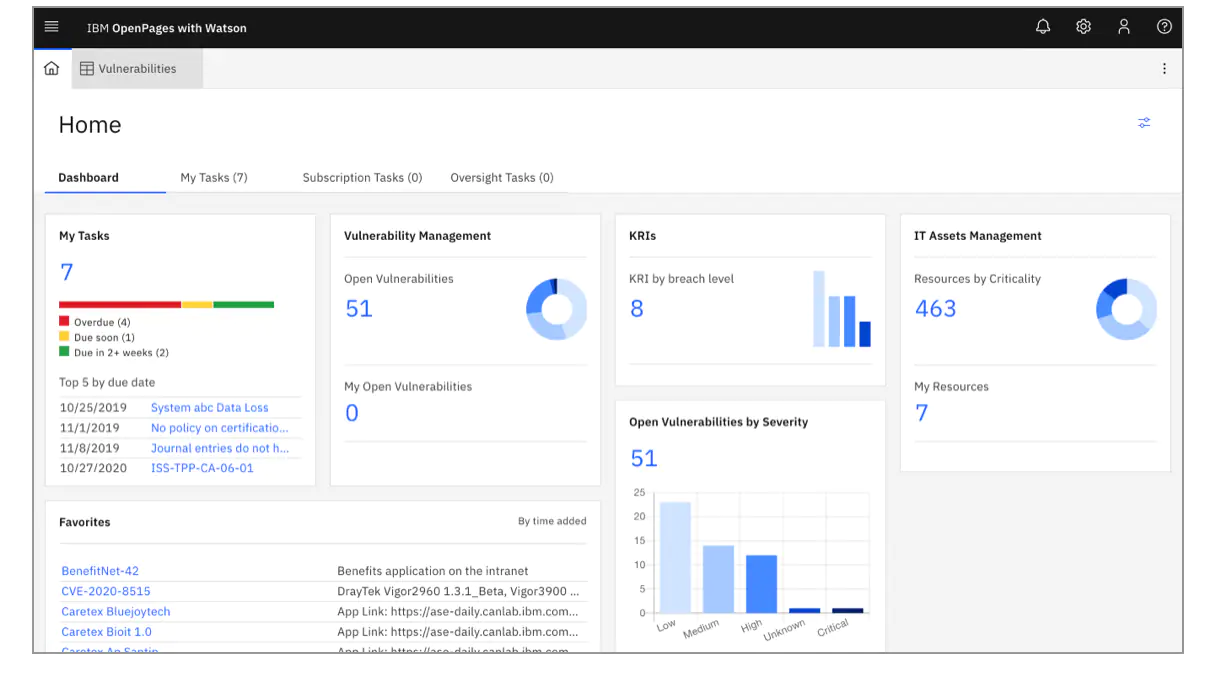
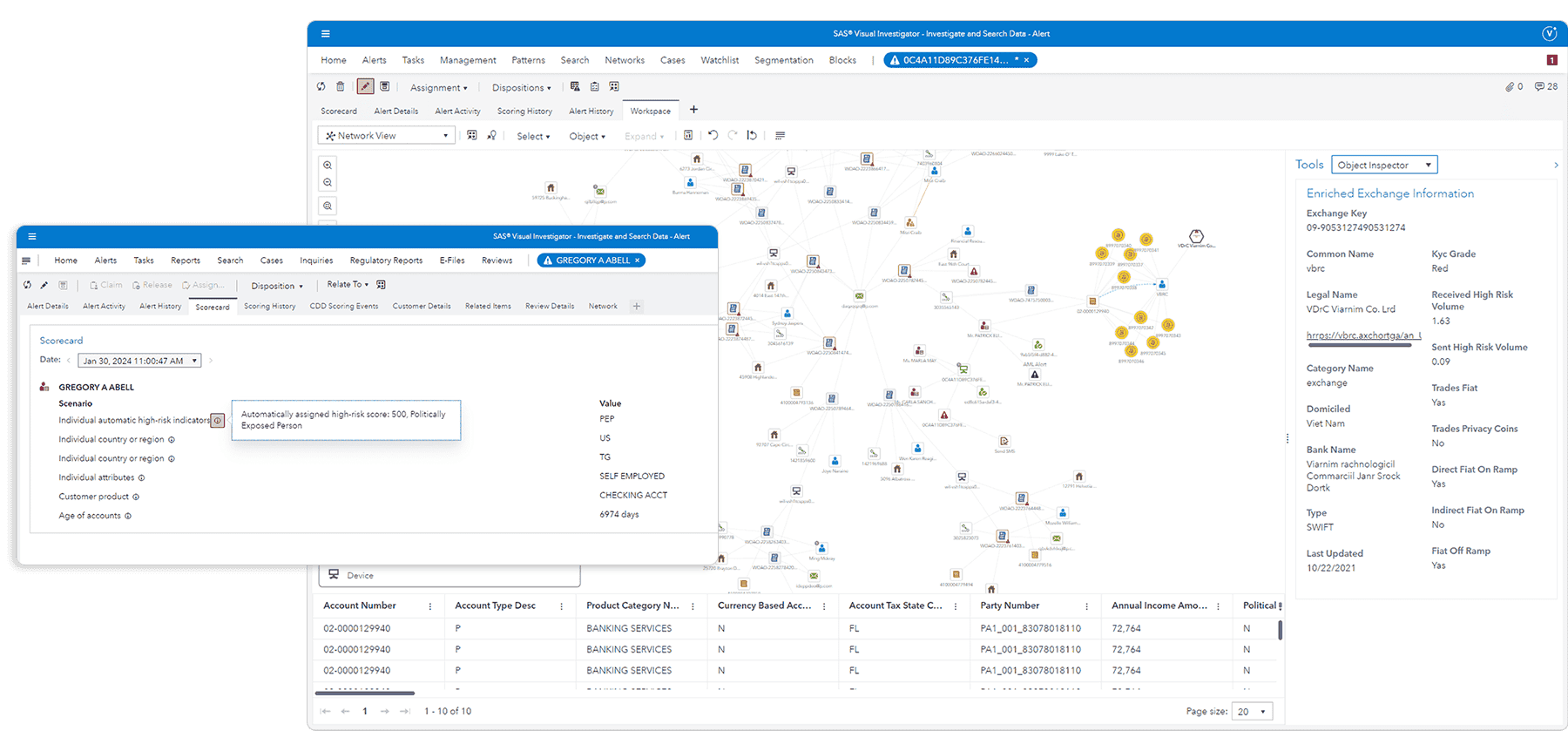







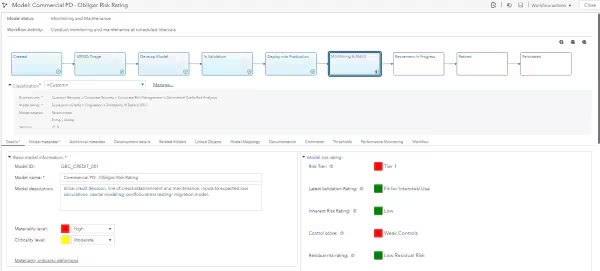









.webp)

-1.jpg)










.jpg)


























.jpeg)







